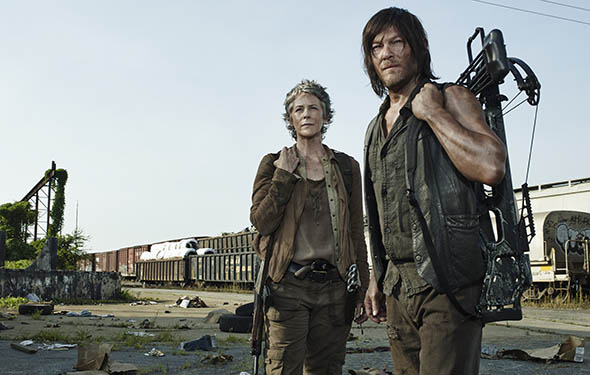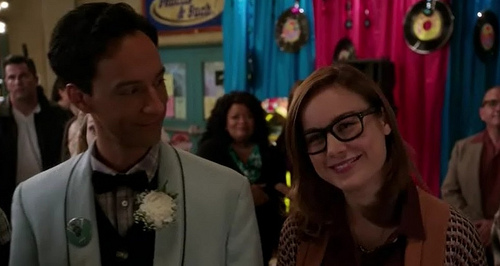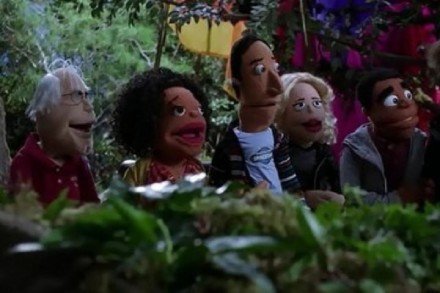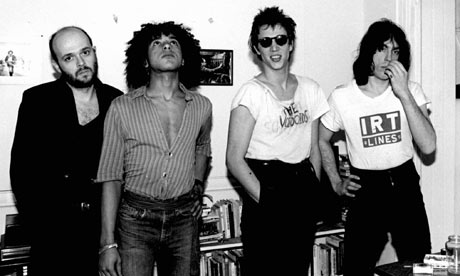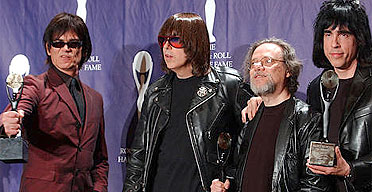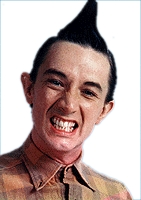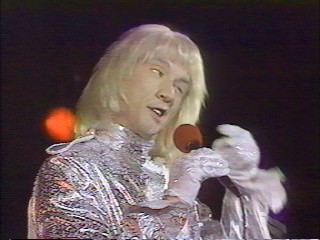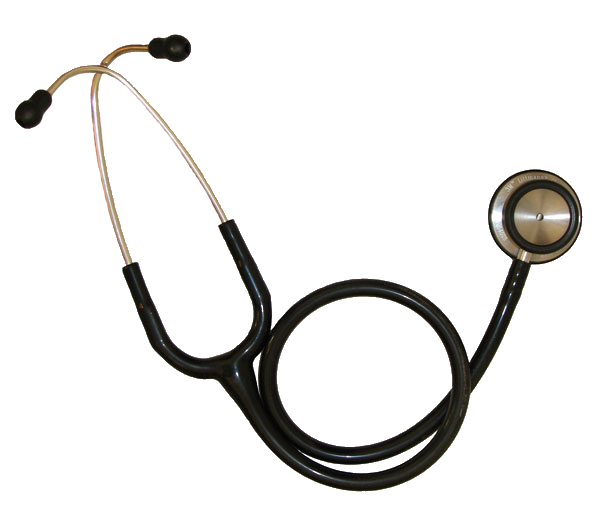When you think about it, Martin Short has had an odd career. Almost universally beloved and admired, he's never really had that hit that put him over the top. And now he has a memoir out--
I Must Say: My Life As A Humble Comedy Legend--that's better than it has any right to be. It's engaging, funny, warm, and well-written (some thanks due to co-author David Kamp, whose name is not on the cover).
There are plenty of laughs, but Short's life also has had more than its share of tragedy. As a boy growing up in Ontario, his older brother died in a car crash. A few years later, his mother died. A few years after that, his father. But, in general, he always had a positive attitude. And though he never saw himself as someone who'd go into show biz, he loved the whole world of it and would put on shows in his bedroom.
He did theatre in college and decided to give himself a year to see if he could make it as a performer. (He was an orphan with some money, so he had choices without that much guidance.) In very little time he was cast in a big Canadian production of
Godspell, along with Gilda Radner, Eugene Levy, Dave Thomas, Andrea Martin and Victor Garber. Paul Shaffer was the musical director. The show was a hit and during its run he also hung out with Dan Aykroyd, John Candy and Catherine O'Hara.
He had a tempestuous relationship with Gilda for a couple years before they split up and he started dating future wife Nancy Dolman. Meanwhile, he was making a living as a Canadian celebrity, appearing on stage and TV. That he could also sing--not fake sing for comic purposes, but really sing--was a plus. However, as his friends were joining Toronto's Second City, he wasn't sure he could do it. Soon, some of them were on
Saturday Night Live (including another new friend, Bill Murray) and he felt he was falling behind.
So he joined Second City and started developing his style, and particular characters--most notably Ed Grimley, whose catchphrase "I must say" (see title of book) came about because "eh" was taken by
Second City TV's McKenzie Brothers.
Short came out to LA where he got some work, including the lead in
The Associates, a fine sitcom that didn't pan out. He came back to Canada to be a cast member on
SCTV. It was here he did a lot of his best work, and became known to a larger (if still cultish) audience. He did great impressions, such as his devastating Jerry Lewis, and created even more classic characters, like the cross-eyed Albino crooner Jackie Rogers, Jr. and ancient Jewish songwriter Irving Cohen.
While he was on
SCTV,
Saturday Night Live was going through a rough patch--it looked like it might even be canceled. Dick Ebersol was producing and decided to bring in a bunch of ringers--Billy Crystal, Christopher Guest, Harry Shearer and, of course, Marty Short. Short wasn't sure if it was a good idea, and after a few weeks of the hectic pace wanted out. But he held on for a year (while Shearer quit). He actually scored pretty well, using characters he'd already developed, but also coming up with amazing new stuff, such as his bit with Shearer as two brothers who hoped to make it as Olympic synchronized swimmers (though Short was actually using a minor character he'd created on
SCTV) and best of all, the highly defensive lawyer Nathan Thurm.
Now he was a star, and movies beckoned. He join Steve Martin and Chevy Chase (not friends yet, and much bigger names at the time than Short) for
Three Amigos! and then starred in a fine action-comedy
Inner Space. However, these films underperformed (though they, along with the bizarre
Clifford, where Short plays a ten-year-old, were rediscovered on home video) and after a few more flops, he was no longer considered lead material. But he still scored in supporting roles, such as a bizarre agent in
The Big Picture and wedding planner Franck in
Father Of The Bride.
Always moving forward, he tried out Broadway, starring in a musical version of Neil Simon's
The Goodbye Girl, and even winning a Tony for a revival of
Little Me. He also returned to TV, starring in a few shows that failed before creating the corpulent and clueless interviewer Jiminy Glick, who had on real celebrities and treated them like they were nobodies.
Short keeps on working--on stage, TV and movies, such as his recent stint on the failed sitcom
Mulaney, and was just in cinemas as a drug-loving dentist in
Inherent Vice. (He also has a long-running deal with Steve Martin and Tom Hanks where they get colonoscopies together.) But during the past decade, he suffered another tragedy. His wife got ovarian cancer, and died in 2010. It was a tough blow, but he knew he had to keep going on, just as he had during the tragedies of his youth.
So perhaps Short was never quite the star that many of his friends became, but he still manages to have a reputation for being as funny as anyone around. And, as the book shows, as gracious as anyone, too.


